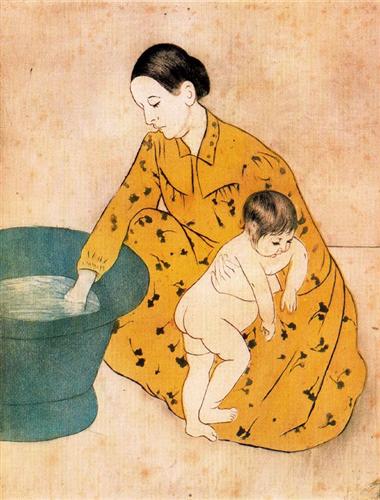Happiness needs things, so she [Dhammā] wasn’t happy. At first she had thought being happy was what she’d heeded and could never have. But to her surprise, her slow and growing and then vast surprise, she found that she didn’t need to be happy. Enlightenment, which is tranquility itself, isn’t happiness. Her housework and chores became the rules by which she governed her life. Step by step, she turned ownership into austerity. She examined her mind carefully and slowly, slowly, turned complexity into unity, too many choices and decisions into discipline. Her life was often tedious, so she worked at turning boredom into concentration. When she secretly resented her husband, she tried to turn the anger into energy and strength. When she was envious of others, she worked at turning it into generosity. When Dhammā stopped trying to be happy, stopped needing to have nothing to need, she found herself relaxing into peace. She found herself not happy but completely at peace.
Sally Tisdale
